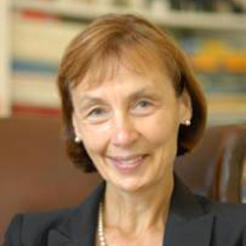Dorothy Dalton highlights an unintended consequence of the recent Equality Act.
We have all had to grapple with unintended consequences of decisions we have made as trustees, chief executives and even as parents. Politicians and civil servants seem more susceptible than most to generating unintended consequences from measures aimed at addressing a problem.
The Equality Act came into force on 1 October of this year. It is welcomed and much needed. However it may have left some charities potentially in breach of the new Act if they restrict their services to a defined group of people.
Recent guidance from the Charity Commission says: “For example, it is lawful for a charity to tackle unemployment among people of a particular ethnic origin if unemployment is particularly high for that group. Here, the people who can benefit from the charity are restricted to a group with a protected characteristic (ethnic origin) and the restriction is justified if unemployment is higher for that group than for the general population.”
Several questions spring to mind. Does this mean, for example, that if white young men in Harrow are experiencing higher levels of unemployment than the general population in Harrow, it is lawful for charitable objects to restrict a charity’s work solely to unemployed white men in Harrow?
Instinctively most of us might well feel that this cannot be right unless there are similar charities helping other unemployed ethnic or gender groups in Harrow.
I have set up two women-only groups: Groundbreakers, for women charity chief executives, and the Network of Women Chairs.
Certainly in the population of charity chief executives and charity chairs of professionally managed charities, women in both these positions are in the minority. However, shouldn’t true equality mean that similar groups for men should also be allowed?









